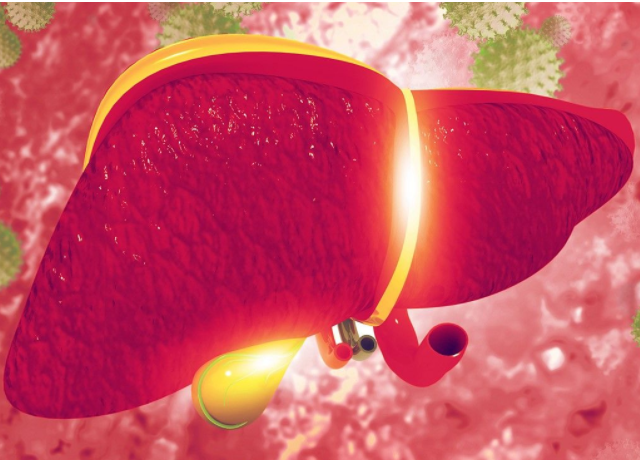Hepatitis C is a viral infection that causes liver inflammation, sometimes leading to serious liver damage. The hepatitis C virus (HCV) spreads through contaminated blood. But it causes few symptoms, so most of them don’t know. The virus spreads through an infected person’s blood or body fluids.
This is the common idea about hepatitis c, there are main 5 things you must know about hepatitis c are:
- When it comes to hepatitis, the one that is most concerning type of hepatitis is hepatitis C. Most people become infected with this contagious disease through blood-to-blood contact resulting from sharing needles or syringes. Other individuals that received blood products prior to the year 1990 also are at increased risk since the diagnostic test became available at that time and donated blood prior to that time could have been contaminated. Hepatitis C is rarely transmitted sexually, but when it is it is most commonly via anal receptive intercourse. Hepatitis C is infrequently transmitted from mother to child. Hepatitis C commonly is a chronic infection and is an important cause of cirrhosis and liver cancer.
- The hepatitis C antibody test determines if a person has been infected with the virus. A positive, or reactive result, means antibodies were found and you were infected with the hepatitis C virus at some point in time. Additional tests are required to confirm if you have active infection at present.
- Your liver, which is located in the right upper area of the abdomen, processes nutrients, filters blood and fights infection. Left untreated, hepatitis C can lead to cirrhosis, liver cancer and other serious liver damage.
- Nearly half of people living with hepatitis C don’t know they have it. That’s because most people live with the disease for years without feeling sick, or experiencing only minor symptoms such as fatigue. Frequently, the only indication of hepatitis C is an abnormal liver blood test panel. If you think you have been exposed to hepatitis C, be sure to talk to your physician.
- If you were born between 1945 and 1965, you might not realize that you are more likely to have hepatitis C. The reason is that intravenous drug use (sharing needles) was popular in the 1960’s and 1970’s, and this practice occurred more commonly in young adults that were born between 1945-1965. Also, blood transfusions in the 1960’s and 1970’s not infrequently spread hepatitis C since the diagnostic test for hepatitis C was not yet discovered and blood could not be screened.





